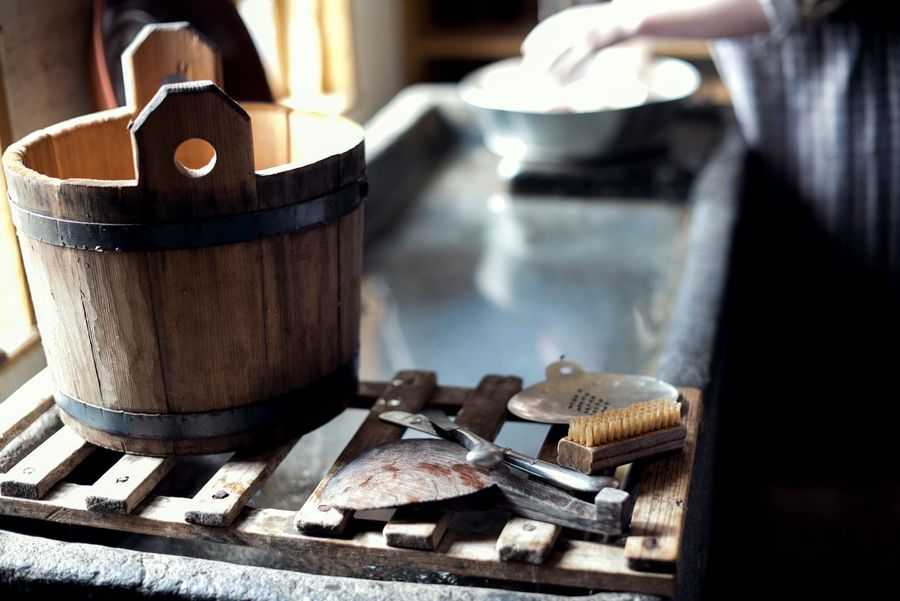I remember walking into the Fred Meyer on the corner of Lombard and Interstate with my backpack, a $10 bill, and a need to eat for a week. It wasn’t the easiest thing to do to mentally track the cost of every item in my cart. For the most part, fresh fruit and vegetebles were quickly off the table as options. Maybe I would get an onion or a head of garlic, but that was going to more so be able flavor than actual I would look at meat, but likely my only option was going to be some of the cheapest bacon, but if I do that I wasn’t going to be able to get eggs. Living in poverty sucks. You spend a lot of time thinking about how you are going to survive until you get your next meager paycheck.
Reading Maid: Hard Work, Low Pay, and a Mother’s Will to Survive, I was brought back to that time in my life. I was lucky, I didn’t have another mouth to feed or an abusive ex. I had family that I could ask for money in the worst case situations (such as when I got a kidney stone). Reading Stephanie Land’s memoir makes me realize just how lucky I was when I was in a position I didn’t see as lucky at all.
Understanding poverty, how people are affected by it, and how the social safety nets in this country fail people are important for understanding motivations. When you live a comfortable life, one where you don’t worry about if one bad issue will lead you to not having a proper roof over your head, it’s easy to ignore the thousands/millions of people with out that luxury. Maid is a great way to understand the forces that keep people in poverty and the struggle it is to survive and overcome it.
If you have escaped poverty or never experienced it at all, Maid: Hard Work, Low Pay, and a Mother’s Will to Survive is a book you should read.
